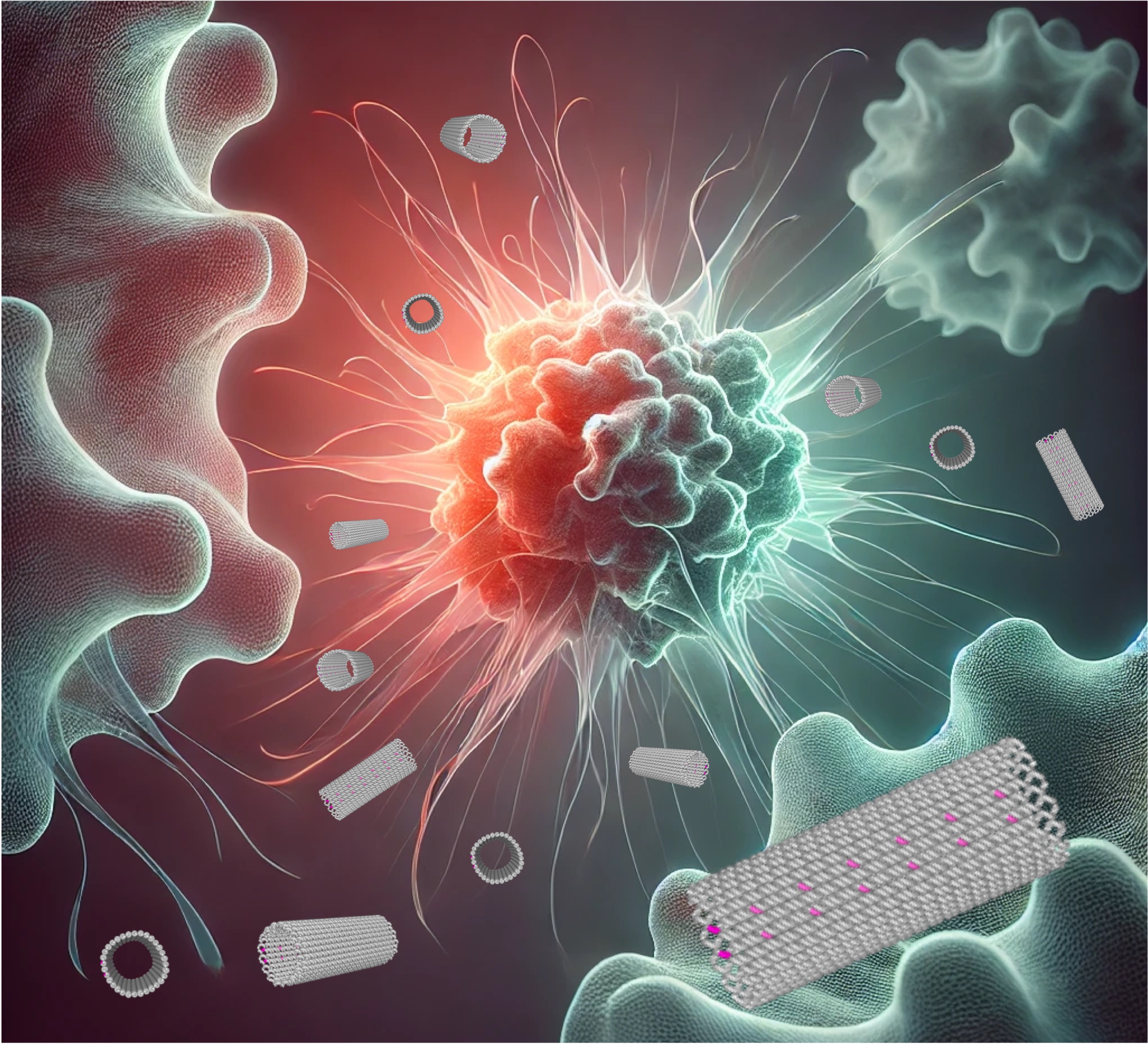A collaborative paper reporting precision imaging of pancreatic cancer cells in the desmoplastic tumor microenvironment using DNA origami-Cy nanocomplex is published with Dr. Jong Hyun Choi’s group in the Journal Advanced Science. In this study, we target KRAS-dependent macropinocytosis to selectively labeling cancer cells. Throughout the study, we also demonstrated that engineered tumor models could provide reliable testbeds for mechanistic evaulation of therapeutic delivery systems for pancreatic cancer.
DNA Origami-Cyanine Nanocomplex for Precision Imaging of KRAS-Mutant Pancreatic Cancer Cells
Hye-ran Moon, Yancheng Du, Sae Rome Choi, Seongmin Seo, Cih Cheng, Bennett D. Elzey, Jong Hyun Choi, and Bumsoo Han
Abstract
Selective delivery of imaging agents to pancreatic cancer cells (PCCs) within the highly desmoplastic tumors of pancreatic ductal adenocarcinoma (PDAC) represents a significant advancement. This approach allows for precise labeling of PCCs while excluding cancer-associated fibroblasts (CAFs), thereby enhancing both research and diagnostic capabilities. Additionally, it holds the potential to target and eliminate PCCs precisely without harming the surrounding stromal cells in the PDAC tumor microenvironment (TME). In this study, DNA origami-cyanine (Do-Cy) nanocomplexes are synthesized to image KRAS-mutant PCCs selectively in the PDAC TME. These Do-Cy nanocomplexes are hypothesized to be internalized preferentially to KRAS-mutant PCCs over CAFs via elevated macropinocytosis. Several designs of Do-Cy nanocomplexes are synthesized and characterized their cellular uptake using both engineered in vitro and xenograft pancreatic cancer models. The results are further discussed for the implication of precision delivery of therapeutic and imaging agents to KRAS-mutant cancers.

